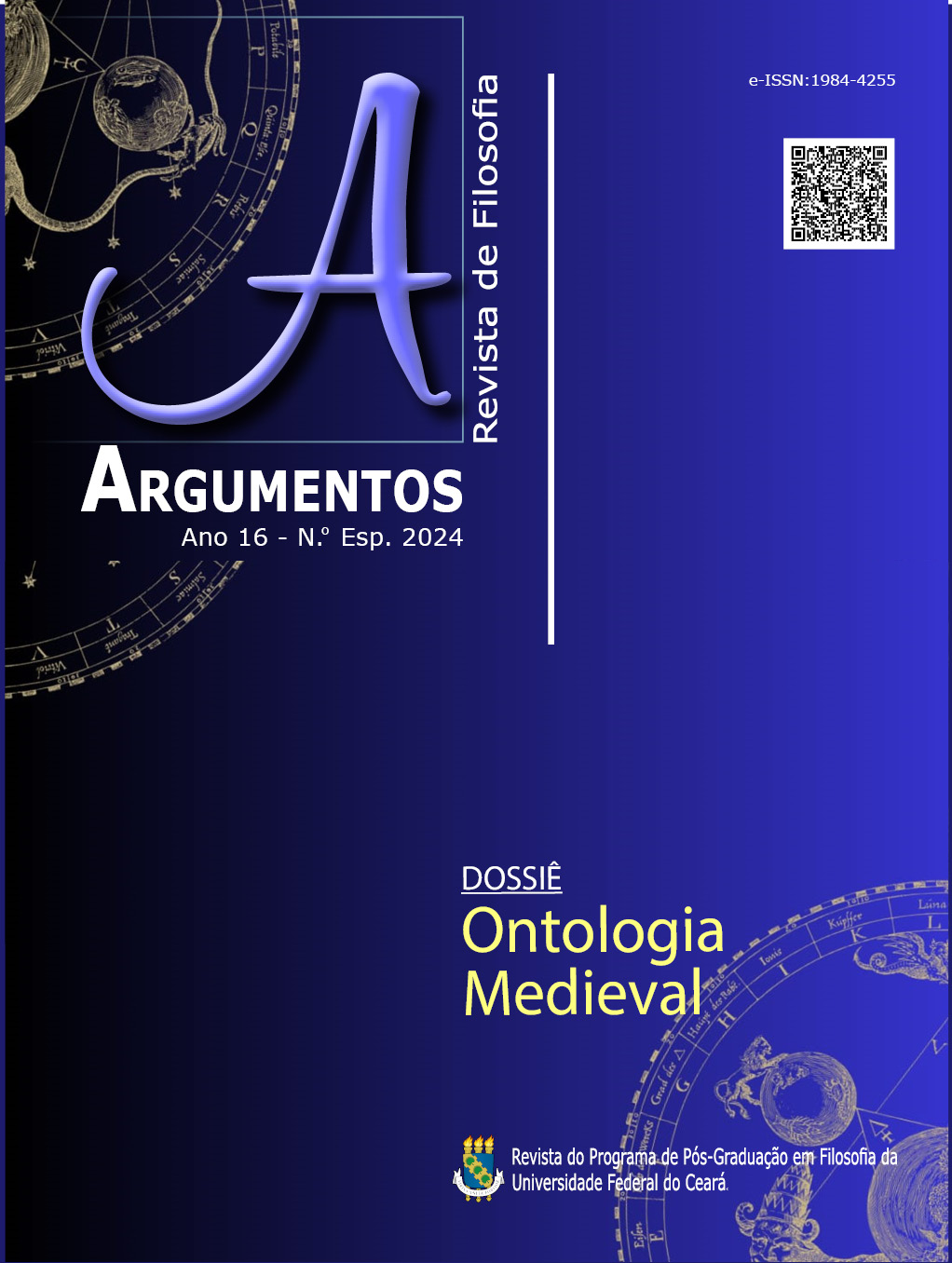Demystification and eroticism: Byung-Chul Han and Roland Barthes analysis on beauty and the sacred in contemporary literature
Keywords:
Demystification. Eroticism. Concealment.Abstract
This article examines the reflections of philosophers Byung-Chul Han and Roland Barthes on demystification in today’s society. Revealing the hidden diminishes eroticism, while concealment enhances it. The study aims to analyze the transformation of beauty and the loss of the sacred in contemporary literary expressions. Demystification transforms everything into something pleasurable and accessible, softening beauty by unveiling its cloak, reducing eroticism and converting it into simple appreciation rather than an aura. The aim of this writing is to reflect on how concealment also eroticizes writing; the sacred intentionally covers the “Holy Scriptures” with metaphors and figures of speech, while revelation eliminates mysteries, mysticism and surprise. For this study, we will draw on the works of Byung-Chul Han and Roland Barthes.
References
AGOSTINHO, Santo. Confissões. De magistro. Trad. J. Oliveira Santos e A. Ambrósio de Pina. São Paulo: Nova Cultural, 1999. (Coleção Os Pensadores).
BARTH, Karl. Revelação de Deus: como sublimação da Religião. Trad. Dorival Alves de Oliveira. São Paulo: Fonte Editorial, 2011.
BARTHES, Roland. O prazer do texto. Trad. J. Guinsburg. São Paulo: Perspectiva, 1987.
HAN, Byung-Chul. A salvação do belo. Trad. Gabriel Salvi Philipson. Petrópolis: Vozes, 2019.
HAN, Byung-Chul. O desaparecimento dos rituais. Uma topologia do presente. Trad. Gabriel Salvi Philipson. Petrópolis: Vozes, 2021.
HAN, Byung-Chul. Sociedade da transparência. Trad. Enio Paulo Giachini. Petrópolis: Vozes, 2017b.
HAN, Byung-Chul. Sociedade do cansaço. Trad. Enio Paulo Giachini. Petrópolis: Vozes, 2017a.
Downloads
Published
Issue
Section
License
Copyright (c) 2024 André Magalhães Coelho

This work is licensed under a Creative Commons Attribution 4.0 International License.
Argumentos magazine is licensed under an International Creative Commons Attribution License.
The Magazine uses CC BY inclusion
1) The authors retain the copyright granted to the magazine or the right to initial publication, with the work regularly licensed under the Creative Commons Attribution, which allows the sharing of the work with acknowledgment of authorship and initial publication in this magazine.
2) The authors are authorized to contract additional applicable contracts, for non-exclusive distribution of the version of the work published in this journal (for example, publication in the institutional repository or as a chapter of the book), recognition of authorship and initial publication in this journal.
3) Authors are authorized and encourage to publish and distribute their work online (for example, in institutional repositories or on their personal pages) at any time before or during the editorial process, as they can generate productive changes, as well as increase the impact and reference of published work.




.jpg)










._._3.png)
1.jpg)
._._._.png)
